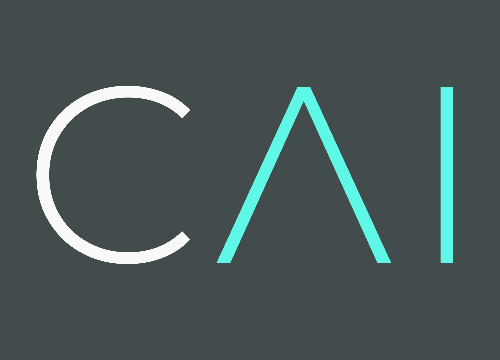Dear all,
I have a general case math question: If you are solving e.g. a market sizing case. Are you supposed to do it entirely in your head, or can you write down the calculations and solutions?
Many thanks.
General Math Question
Übersicht der Antworten
Hi,
I confirm the importance of maintaining the interviewer in your logical process, without giving anything as assumptions. I recommend using a separate paper for calculations to leave clean the structure sheet
Hope it helps,
Antonello
Hi Anonymous,
I assume your question is related to how to proceed with the math after you presented your approach to the interviewer.
It is indeed totally fine to write down your calculations. In general, I would recommend the following to approach math in a case:
- Repeat the question – candidates sometimes do mistakes answering the wrong question in the math part
- Present how you would like to proceed from a theoretical point of view (you may ask for time before presenting if you initially don't know how to approach the problem)
- Ask for time and perform the first calculations (as mentioned you can write them down)
- Present the interim steps to the interviewer to keep him/her aligned – don’t just say the final number
- Continue with the calculations until you find the final answer
- Propose next steps on the basis of the results you found
Best,
Francesco
You actually MUSN´T do it in your mind! :)
The right approach is actually to walk the interviewer through your calculations. For instance, don´t just say "the total estimated population is X", but, "I would reduce the total city population of Y by the ratio Z, arriving to a final population of X, given this and this reason"
Furthermore, don´t only give a result, but try to go one step further (e.g., I estimate the total population in X, and I would like to know if we have any benchmark available to check this number)
Cheers!
Hi,
First of all, I recommend using the following approach while doing your calculations
-
Tell the interviewer your approach / formula
-
Check with the interviewer that your approach is correct
-
Ask for a minute to perform the calculations
-
Check any assumptions you make with the interviewer. If you need to round the number - you have to check with the interviewer as well
-
Come to the interviewer with some intermediate calculations results to check that you are moving in the right direction
-
Come up with the final answer
-
Provide the conclusions from the final answer
The following skills will speed up your calculations and reduce the probability of making a mistake:
1) Learn how to solve equations and systems of equations. As you could have noticed, some cases require solving an equation. You can use GMAT books to practice.
2) Learn how to multiply double-digit numbers really fast. It takes just a couple of hours to learn how to apply this method on paper and a couple of days to start doing these calculations mentally, but it's worth it. Please follow the link for more details: https://www.youtube.com/watch?v=6ndkkPZYJHo
3) Learn how to work with zeros.
Simply always use the powers of 10. Then you'll be able to multiply / divide the numbers and sum up / subtract the powers separately:
For example: 300 x 9000 = 3 x 10ˆ2 x 9 x 10ˆ3 = 3 x 9 x 10ˆ(2+3) = 27 x 10ˆ5 or 2.7 Mln
If you get used to writing all the numbers that way, you will never lose zeros.
4) Learn the division table. This method will help you calculate any percentage problems like market shares or margins. For example, if your market is $620M and your revenues are $5.1M you can use 5/6 or 83.3%, as a proxy to calculate the market share. By adjusting to zeroes and slightly decreasing the number, you'll get 8.2%
Best!
Hi,
Even for candidates who are very good at mental math, it is highly advised that calculations should be written on paper to minimize the chances of making a mistake. It is not penalized, in fact, encouraged, so that the interviewer can follow your calculations better.
Best,
Deniz
The aim of the math question is in equal parts to judge your quantitative abilities and test how you strcuture your analysis. It is highly recommended you write it down so you are able to communicate your structure and solve the problem at hand.


